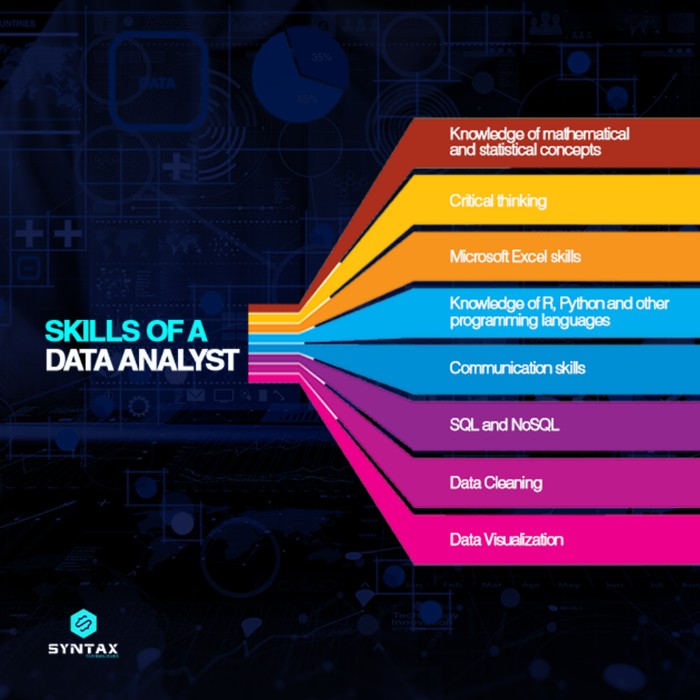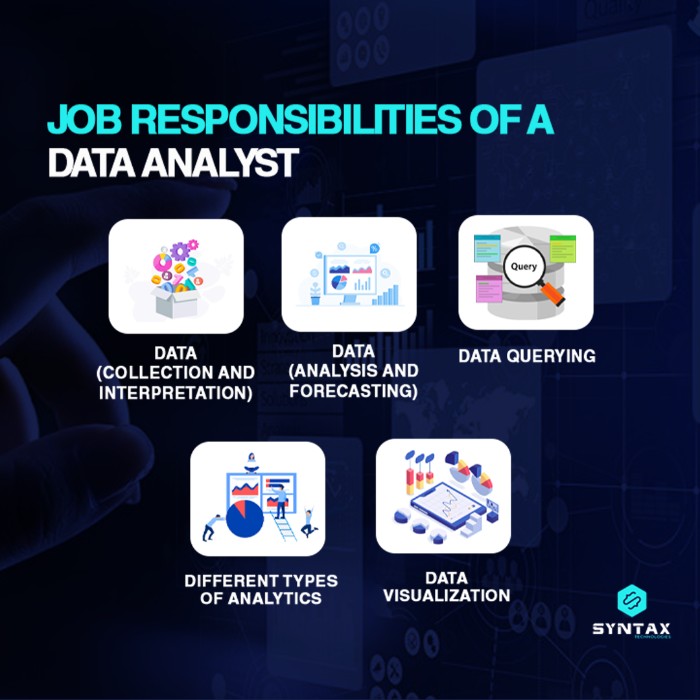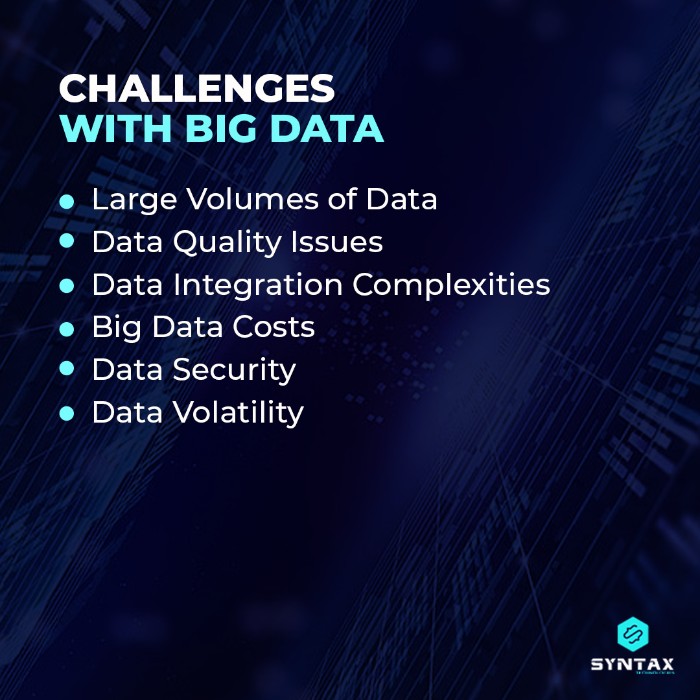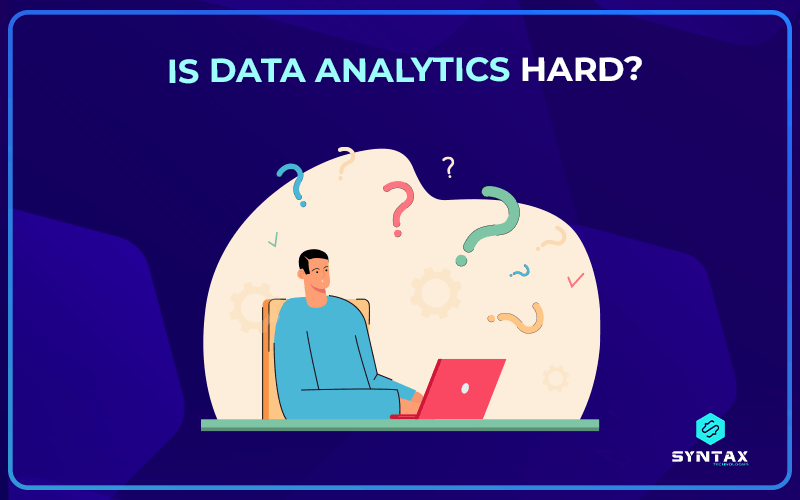Data analytics is a rapidly growing field that is becoming increasingly important in the modern world. With the ever-increasing amount of data being generated, processing and analyzing it has become an essential skill for professionals across many different industries. It is widely used in almost every industry, including healthcare, finance, marketing, and transportation. It has been creating buzz and curiosity among students and aspiring professionals. But just how hard is it to learn Data Analytics?
In this blog post, we will explore what it takes to master the craft of data analysis, as well as some resources available to help you on your journey. Whether you want to become a data analyst or are looking to learn more about this fascinating field, we hope this article helps open up the world of Data Analytics and gives you a better understanding of its complexities.
What is Data Analytics and Why it is Important for Businesses
Data Analytics is the process of analyzing data to uncover trends, patterns and insights that can be used to inform business decisions. It is an essential tool for business leaders as it helps them understand their consumers better, develop more effective marketing strategies, optimize operations and gain a competitive edge over rivals in the market.
Data analytics provides accurate and timely information about customer behavior, product performance and operational efficiency which can help businesses identify areas of improvement as well as opportunities for growth.
By leveraging advanced technologies such as machine learning and artificial intelligence, data analysis can provide a deeper understanding of customer needs and how best to serve them.
As businesses become increasingly digitalized, data analytics has become an invaluable resource for streamlining operations, improving customer service quality and driving innovation.
Consequently, data analytics is an essential skill to have for any business leader who wants to excel in the modern competitive economy. The Data Analytics field is a rapidly growing one and having the right skills and knowledge can be incredibly beneficial when it comes to setting up, managing and optimizing successful businesses.
Want to know more about what this field is all about and its future potentials? Check out our blogs on What is Data Analytics? and Future of Data Analytics.
Exploring the Skills and Knowledge Needed to Become a Data Analyst
Data Analytics is a complex field that requires specialized skills and technical knowledge in order for professionals to become proficient at it. It involves highly technical processes such as collecting, cleaning, analyzing and interpreting large datasets, besides producing one’s findings in the form of visually appealing data visualizations with the help of data visualization tools.
To become successful data analysts, data professionals need strong analytical, problem solving and technical abilities. They must also have exceptional communication skills to be able to effectively present findings and insights from their data analysis in meaningful ways.
Some key skills needed for success in the Data Analytics field include expertise with data modeling techniques (such as regression analysis), statistical knowledge, programming languages (such as R, Python and SQL) and database management systems.
It is also important to have a basic understanding of machine learning concepts such as classification, clustering, natural language processing, deep learning and neural networks.
In addition to these technical skills, a successful data analyst needs to possess business acumen so that he is able to identify trends within large datasets that can help organizations improve operational efficiency or customer experience. Having the ability to think critically and ask the right questions is also essential in this role.
To know more about the right skill set that a Data Analyst should possess; read up our blog on ?Top Data Analyst Skills?

Identifying the Benefits of Learning Data Analytics
Data analytics has become an essential tool for businesses looking to streamline their operations, improve customer service and gain a competitive advantage over their rivals. As such, there are many benefits associated with acquiring expertise in Data Analytics that can significantly boost career prospects and open up new opportunities.
For starters, gaining proficiency in data analysis offers professionals a better understanding of how businesses work, making them more capable of developing strategies which will help companies succeed in today’s digital economy.
Knowing how to use data to inform decisions and develop meaningful insights can help business leaders make the right choices when it comes to resource allocation, pricing strategies, product innovation and more.
At the same time, mastering data analytics also offers professionals a competitive edge when it comes to getting hired for higher-level jobs or even if they happen to eventually aim for the Data Science field as seasoned data scientists.
Many employers are now seeking out skilled data analysts applicants who possess a strong understanding of how to leverage big data for their organization?s benefit.
Having this technical skill set can give candidates an advantage in interviews as well as increase their potential for salary negotiation.
Finally, having data analytics skills will enable professionals to effectively communicate their findings in meaningful ways. By being able to present insights from large datasets into visually appealing presentations or reports that make sense even to non-technical audiences, data analysts can make a significant impact on the success of their organization.

How Long does it take to be Proficient in Data Analysis
The amount of time it takes to become proficient in data analysis varies based on the individual’s background, experience and level of commitment. Generally speaking, those with knowledge in programming languages such as R, Python or SQL, along with grounding in computer science, will likely require fewer hours to gain a basic understanding compared to someone who is starting from scratch.
For beginners, mastering the fundamentals of data analytics can take anywhere from six months to two years depending on how much time an individual puts into studying and practicing the skills necessary for success.
During this period it is important that learners be exposed to different types of datasets so they can understand how various forms of data can be structured and analyzed. They should also learn about different methods used in data cleaning and preprocessing, as well as statistical analysis, predictive modelling, and other techniques.
Experienced data analysts may be able to accelerate the process by focusing their learning on specific areas depending on the type of job they are trying to get.
For example, if the goal is to become a business analyst, then mastering concepts such as classification, clustering and natural language processing can take less time than someone who is aiming for a career in deep learning or artificial intelligence.
Similarly, if the goal is to become a data scientist, a data analyst should master fundamental concepts such as statistics, machine learning, data wrangling, data visualization, business acumen, and communication skills.
Are there different Levels of Difficulty when it comes to Data Analytics?
Yes, there are different levels of difficulty when it comes to data analytics. Depending on the individual?s background and current skill set, certain concepts may be easier or harder to grasp.
Those with a prior knowledge of mathematics and programming will find it easier to learn basic data analysis skills compared to those who have no prior experience. Different tasks in data analytics require different levels of proficiency as well.
Predictive modeling, for example, is more difficult than basic descriptive analysis which only involves summarizing data into meaningful insights. Furthermore, some topics like deep learning require mastery of multiple disciplines before one can truly become proficient in that specific area.
All these factors contribute to making the field of data analytics very diverse and complex; however, by focusing on mastering the fundamentals, anyone can become a proficient data analyst.
In short, the difficulty of data analytics depends on the individual’s background and current skill set as well as the specific tasks they are trying to learn.
With proper dedication and focus, however, it is possible for anyone to become a proficient data analyst.
Taking a Look at the Challenges Involved in Working with Big Data
Working with big data can be a challenging endeavor for any data analyst. Some of the challenges that must be addressed include:
1) Data Volatility – As datasets become larger and more complex, it becomes increasingly difficult to store and access them in an efficient manner. This often results in large amounts of time spent on managing and preprocessing data before it can be used for analysis.
2) Data Quality – With big data there is a greater risk of introducing errors or inconsistencies into datasets due to their volume and complexity. It is important to ensure all the data is accurate, clean, and consistent before attempting any analysis.
3) Interpretation of Results – Big data often produces vast amounts of information which can make it hard to interpret the results of an analysis. Good data analysis requires the analyst to be able to effectively communicate and present their findings in a clear and meaningful way.
4) Resource Requirements – Working with big data is often computationally intensive and requires substantial resources. It is important for analysts to have access to the necessary hardware, software, and personnel needed for their projects.
5) Security – Big data can contain sensitive or confidential information which must be protected through secure storage and encryption techniques. Analysts should take appropriate steps to ensure that any datasets they are working with are properly secured from unauthorized access.
Overall, working with big data presents many challenges that must be addressed in order to effectively analyze it. It requires careful planning, preparation, and resources in order to ensure successful analysis.

Here is How to Make Learning Data Analytics Easier for Beginners
1) Take the time to understand the fundamentals – Data analytics is complex and can be intimidating for beginners. Taking some time to read up on basic concepts like statistics, programming, and data visualization can help provide the necessary foundation for learning more advanced topics.
2) Start with small projects – It?s easy to feel overwhelmed when faced with a large dataset or project. To make it easier to get started, break down tasks into smaller chunks that are easier to tackle. This will also help build confidence as one progresses through each step.
3) Utilize helpful resources – There are many free online resources available such as tutorials, textbooks, and blogs that can help beginners learn data analytics quickly and easily. Additionally, forums like StackOverflow and Reddit can provide valuable feedback from experienced data analysts.
4) Leverage existing tools – A variety of data analytics tools are available that make it easier to perform complex analysis. Learning how to use these tools will save time, energy, and effort when working on projects.
5) Build a network – Networking with experienced professionals in the field is a great way to stay up-to-date with the latest trends and technologies in data analytics. It also provides an opportunity to discuss common challenges and share ideas with peers.
By following these steps, beginners can learn data analytics more quickly and become proficient in the field more easily. With dedication and focus, anyone can master the fundamentals and be well on their way to becoming a data analyst.
Additionally, Data Analytics courses provided by tech bootcamps can be an attractive avenue if one wants to study Data Analytics. An online course can not only help in nurturing the foundational skills, but can also set you firmly on the career path of being a seasoned Data Analyst.
We, at Syntax Technologies, help you to cultivate the exact foundational skills needed to analyze data and grab Data Analyst jobs. Check out our Data Analytics and Business Intelligence course
Conclusion
In conclusion, Data Analytics can be a challenging and complex field to learn. However, with the right resources and support, anyone can gain the necessary skills and knowledge needed to become successful in this growing industry.
With dedication and focus, Data Analytics is an achievable skill that can open up opportunities for interesting and well-paying careers. Whether or not Data Analytics is hard depends on the individual’s approach as well as their willingness to put in the effort needed to master the basics of this field.
Ultimately, it is a rewarding field that is worth pursuing if you are interested in discovering meaningful insights from large datasets. The skills acquired from learning about data analysis can be applied across a variety of industries and organizations for both personal and professional success.

